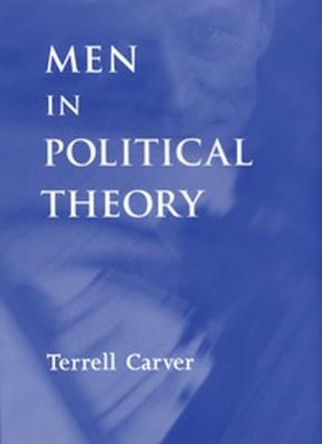It is by no means absurd to say that Engels invented Marxism. His work did more than Marx to make converts of the most influential political movement of modern times. He was not only the father of dialectical and historical materialism, the official philosophies of history and science in many communist countries; he was also the first Marxist historian, anthropologist, philosopher, and commentator on early Marx. In his later years Engels developed his materialist interpretation of history, his chief intellectual legacy, which has had revolutionary effects on the arts and social sciences. Terrell Carver traces its source and its effect on the development of Marxist theory and practice, assesses its utility, and discusses the difficulties which Marxists have encountered in defending it. ABOUT THE SERIES: The Very Short Introductions series from Oxford University Press contains hundreds of titles in almost every subject area. These pocket-sized books are the perfect way to get ahead in a new subject quickly. Our expert authors combine facts, analysis, perspective, new ideas, and enthusiasm to make interesting and challenging topics highly readable.
About the AuthorTerrell Carver is the head of the Department of Politics at Bristol University. He is author of Marx's Social Theory (1982), Marx and Engels: The Intellectual Relationship (1986), Friedrich Engles: His Life and Thought (1990), and editor of The Unknown Marx (2001) and The Cambridge Companion to Marx (1992).
ReviewsReview from previous edition 'combines a lucid introduction to the thinker with a genuine introduction to scholarly discussion' * British Book News *
Book InformationISBN 9780192804662
Author Terrell CarverFormat Paperback
Page Count 128
Imprint Oxford University PressPublisher Oxford University Press
Weight(grams) 113g
Dimensions(mm) 174mm * 109mm * 5mm










